Is Self-Love Selfish?
After writing a short post on this topic on @boostcounseling’s Instagram, I had a lot of people outreach me to discuss it further. So I felt a blog post was appropriate. So here we go! Feel free to comment and ask questions below.
As I have mentioned before, I come from the perspective that a healthy sense of self leads to healthy relationships and interactions with others. We are social beings. We look for cues/responses in others to better understand our world and ourselves. When we believe in ourselves, we attract and want to engage with others who are also practicing self-love. Also, when we start to cultivate self-love and self-worth, we give others permission to do the same. And as we change, we organically start to cultivate these self-supporting relationships, and let go of the people who are no longer able or willing to connect to a deeper human experience. So, what transpires in the current relationships in which we’re actively participating? I have observed two things can happen with our current relationships…First, I have found that people who struggle with loving themselves—and feel stuck and safe in that narrative—want to either bring people down to their level by poking holes in their rational for pursuing self-love. Or they work to avoid others who are living proof that a positive sense of self can exist. So, when one side of the pair decides to shift their focus to self-love and self-worth, the relationship can become distant or—in extreme cases—severed. On the other side, if the people who we are in direct contact with witness our practice of self-love and are willing—and open—to join in, they will most likely seek our partnership even more than before. Do either of these scenarios indicate a practice of selfishness or self-absorption from the point of view of the self-lover? I don’t think so…
When we are acting selfishly we are living in a numbness or survival mode. We are not living awake. We are stuck in our historical patterns that often perpetuate self-doubt and distrust of others. We witness the world as “us” vs. “them,” which disconnects us from others. We are acting from a place of fear, not purpose. I would also like to mention that there is nothing wrong with acting selfishly—for a time. Life happens. We have to pick-up the broken pieces and rebuild. And often this process involves survival mode. But I would hope that a period of “selfishness” is transitional and not constant. Remaining in a place of self-doubt and distrust only interrupts growth and a positive sense of self.
So how do we stand up for ourselves after we have identified our experience and behavior as self-growth versus selfish? Share your experience. People misinterpret all the time. So It’s often important to clarify what we mean, want, and need. There may be an initial negative interpretation of your actions or words, and so re-approaching the subject with our people is often essential. Be open to sharing your feelings and experience without the expectations of how someone may interpret them. We don’t get to decide how our words or actions are interpreted by others. But we can stay open to the opportunity to repair what may have been damaged.
